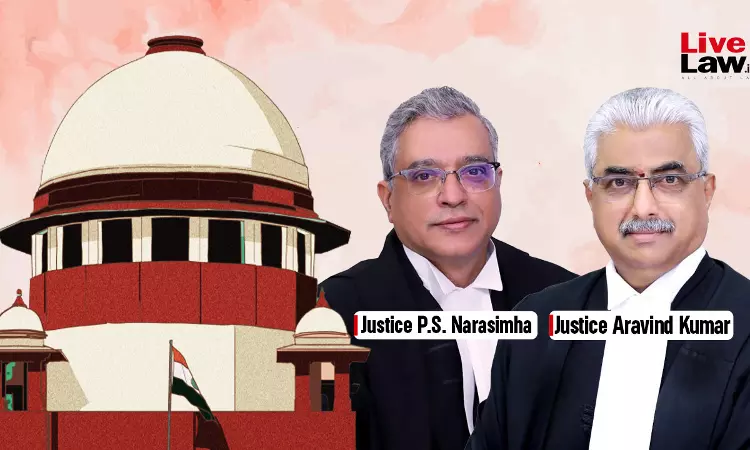The Supreme Court on Monday (May 13) observed that the delay in reporting the seizure report by the police to the magistrate wouldn't vitiate the act of seizure by police under Section 102(3) of the Code of Criminal Procedure, 1973.Reversing that part of the High Court's findings which had declared the seizure report to be vitiated because the report wasn't sent forthwith to the magistrate,...

